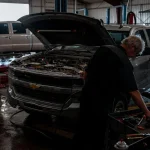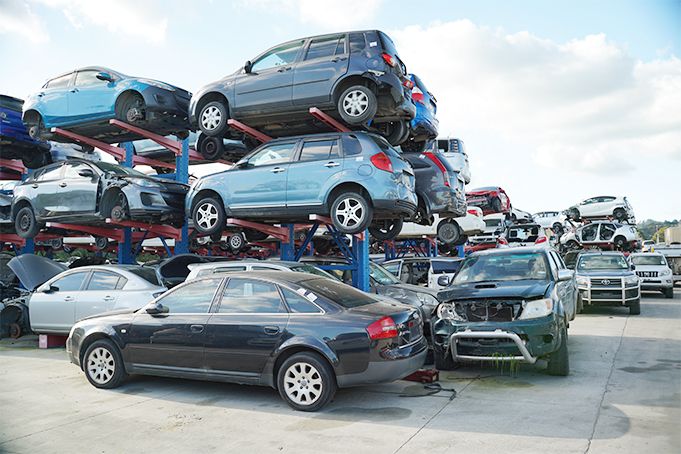Modern fuels often contain ethanol or other blended additives. That can affect hoses, connectors, and metal lines if incompatible. So mechanics inspect fuel lines carefully during regular servicing for signs of wear. Then repairs or replacements are performed to handle modern fuel safely. Proper attention prevents leaks, cracks, or corrosion in sensitive systems. Drivers benefit from reliable performance and reduced fuel odor issues consistently. Fuel line care ensures vehicles remain compatible with ethanol and blended fuels. This maintenance supports engine efficiency and safe operation during all trips. Timely service prevents costly repairs and protects fuel systems permanently.
Understanding Fuel Composition
Technicians study fuel properties to determine line compatibility accurately and safely. That includes ethanol content, additive concentration, and potential chemical effects on materials. So hoses and connectors are evaluated for durability with modern blends thoroughly. Then incompatible parts are replaced to prevent deterioration and leaks immediately. Proper understanding protects engines and fuel systems from chemical stress consistently. Drivers notice smoother operation and improved longevity after professional attention. Compatibility checks by Auto Repair in Tucson, Az prevent fuel line failures caused by aggressive blends effectively. This step ensures that fuel systems remain strong under all conditions reliably. Correct materials handle ethanol safely and maintain pressure and flow efficiently.
Inspecting Hoses and Fittings
Hoses, clamps, and fittings are inspected for signs of chemical damage carefully. That includes swelling, cracking, or softening due to ethanol or additives over time. So worn or incompatible parts are replaced with approved components during servicing. Then pressure testing ensures connections remain leak-free and functional under fuel exposure. Proper inspection prevents leaks, fuel odors, and potential fire hazards safely. Drivers benefit from sealed lines and consistent fuel flow reliably. Maintaining compatible materials supports engine efficiency and reduces stress on pumps consistently. This step protects vehicles from fuel-related failures and prevents costly repairs effectively. Correct hoses extend line life and support modern fuel use permanently.
Pressure and Flow Verification
Proper pressure and flow are critical when using modern blended fuels. That is why mechanics measure system performance after inspecting hoses and connectors carefully. So gauges confirm that fuel flows correctly without restriction or overpressure in lines. Then adjustments or repairs ensure safe operation with ethanol or other additives. Proper verification prevents leaks, vapor release, or performance loss during driving consistently. Drivers notice reliable acceleration, smoother performance, and stable fuel delivery after checks. This step ensures all components handle the chemical effects safely and efficiently. Flow verification supports long-term durability of the fuel system permanently. Maintaining proper pressure protects both engines and sensitive components effectively.
Conclusion
Ensuring fuel line compatibility with modern fuels is essential for safety. That prevents chemical damage, leaks, and operational failures in sensitive systems consistently. So mechanics inspect hoses, fittings, and connections while performing pressure and flow tests carefully. Then cleaning, replacement, and preventive guidance maintain safe and efficient fuel delivery reliably. Proper attention protects engines, fuel systems, and vehicle occupants from hazards effectively.


















